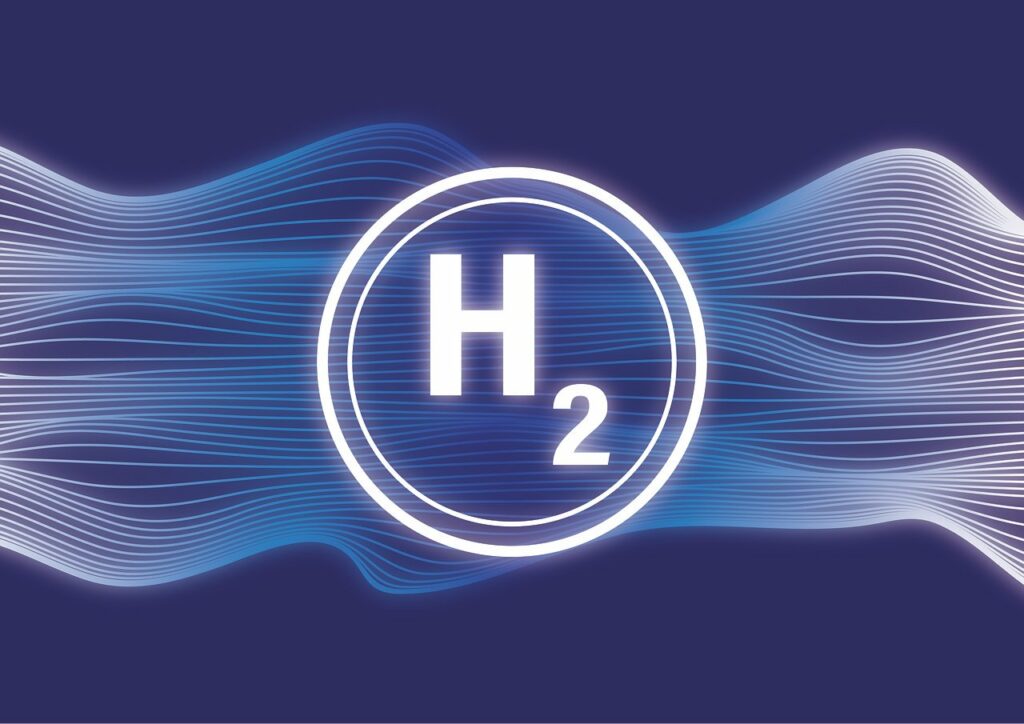Thirty-six nations have endorsed a declaration for the mutual recognition of certification schemes for renewable and low-carbon hydrogen and its derivatives.
Launched at the COP 28 summit in Dubai, the initiative spearheaded by Germany, Japan, and Namibia signifies a pivotal step in harmonizing technical standards and facilitating cross-border trade in sustainable hydrogen.
The primary goal of the declaration is to accelerate the development of technical standards that enable the mutual recognition of methodologies and certifiers for renewable and low-carbon hydrogen. By fostering global cooperation, the initiative aims to create a transparent and reliable framework, providing clarity and security for the burgeoning hydrogen market. The participating nations are committed to aligning their processes to establish a foundation for the global hydrogen trade.
The endorsement of certification schemes is crucial for ensuring the quality and sustainability of hydrogen production. By developing standardized methodologies and certifications, nations can mutually recognize the origin and characteristics of renewable and low-carbon hydrogen. This includes the production methods, carbon footprint, and other essential criteria that contribute to the overall sustainability of hydrogen and its derivatives.
The declaration is expected to have a profound impact on global decarbonization efforts. By establishing a unified approach to certification and recognition, nations can collaborate more effectively in achieving their climate goals. The initiative also opens up opportunities for sustainable industrial value creation, particularly in regions where hydrogen production is a strategic focus. The mutual recognition of certification schemes sets the stage for a more interconnected and resilient global hydrogen market.
